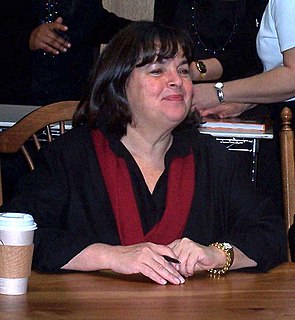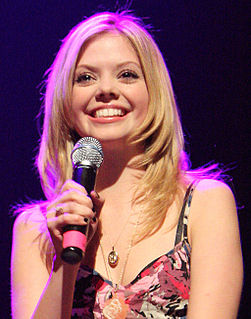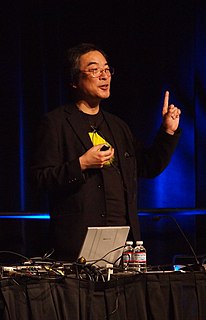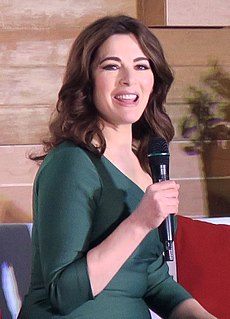A Quote by Alton Brown
I think a lot of food shows, especially when we started 'Good Eats' back in the late '90s, they were still really about food. 'Good Eats' isn't about food, it's about entertainment. If, however, we can virally infect you with knowledge or interest, then all the better.
Related Quotes
If there was ever a food that had politics behind it, it is soul food. Soul food became a symbol of the black power movement in the late 1960s. Chef Marcus Samuelsson, with his soul food restaurant Red Rooster in Harlem, is very clear about what soul food represents. It is a food of memory, a food of labor.
So there I was, wondering what sort of things women would look for in a video game. I sat in cafés and listened to what they were talking about: mostly it was fashion and boyfriends. Neither of those was really the stuff of a good video game. Then they started talking about food - about cakes and sweets and fruit - and it hit me: that food and eating would be the thing to concentrate on to get the girls interested.
I was really surprised to learn that there is no food date label standardization, which contributes significantly to why we waste so much food, which generates methane emissions, a powerful greenhouse gas, in landfill, and means that we are using lots of land, water, fertilizer and energy to produce food that no one eats.
Those of us who think about what we eat, how it's grown, those of us who care about the environmental impact of food - we've been educated by fabulous books, like Fast Food Nation and documentaries like Food Inc. But despite these and other great projects that shine a critical light on the topic, every year the food industry spends literally tens of millions of dollars to shape the public conversation about our food system.


































